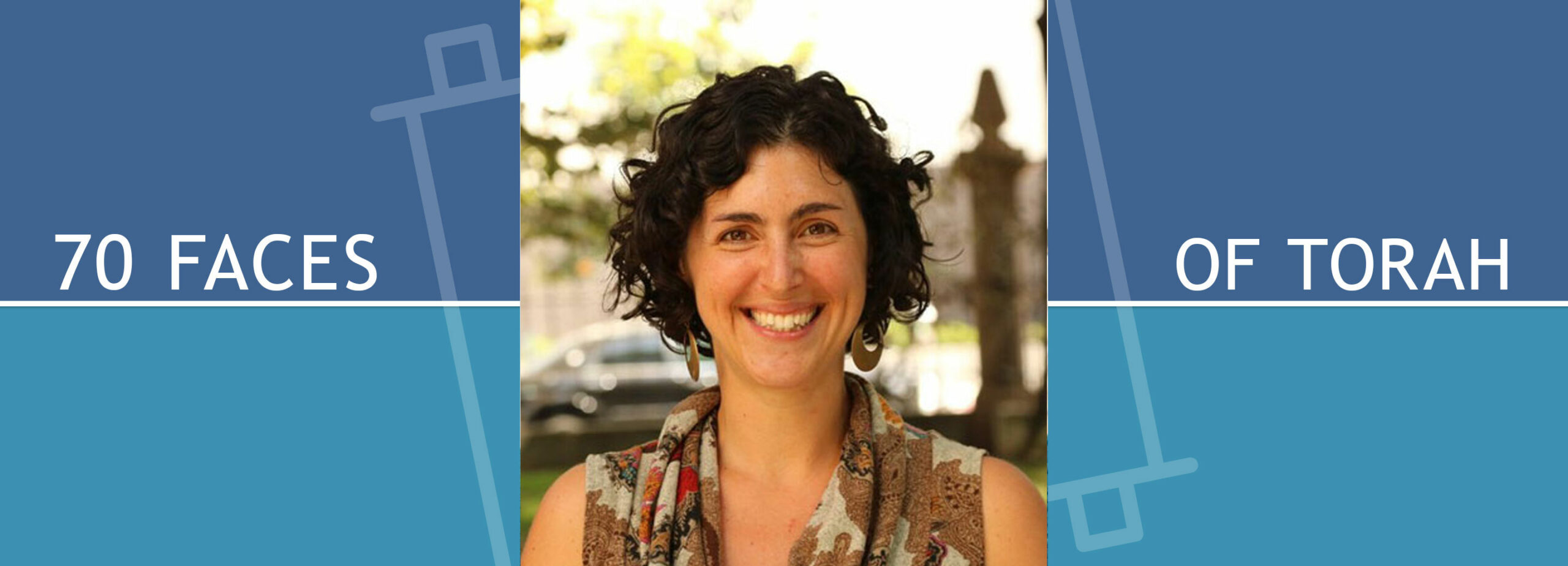Exodus Power, Oppression and the Hardened Heart

This week’s Torah portion begins with God instructing Moses: “Come to Pharaoh, for I have hardened his heart” (Exodus 10:1). The hardening of Pharaoh’s heart is one of the most confusing aspects of the Exodus story, but has perhaps the most to teach us about freedom and oppression in our world today.
Before Moses ever approaches Pharaoh to plead for the Israelites’ release from slavery, it seems that God has already decided to harden Pharaoh’s heart. Even as God instructs Moses to stand up as the leader of the Israelite people and to demand of Pharaoh: “Let my people go!”, in the same breath God tells Moses “but I will harden Pharaoh’s heart, and I will increase My signs and wonders in the land of Egypt” (7:3). And so begins the epic drama of the Ten Plagues. What kind of God is this who would prolong the Israelites’ servitude and increase the suffering of the Egyptians, solely to display the extent of His power? And what does this say of human free will?
But though God foretells the hardening of Pharaoh’s heart, the extent of God’s responsibility is unclear from the biblical text. Following each of the first five plagues we read either that Pharaoh hardened his own heart, or that his heart was hardened–in the past tense; it is not until after the sixth plague that we read of God actively hardening Pharaoh’s heart (9:12).
Rabbinic commentary picks up on this confusion. The midrashic work Exodus Rabbah puts forth one attempt to resolve this tension between God’s power and humans’ free will. In this text, Rabbi Shimon ben Lakish argues that God does not force human beings to act one way or another; rather, God helps a person travel further down the path that he or she is already walking. In support of this, he brings as proof that time and time again after each of the first five plagues, Pharaoh hardens his own heart. From then on, he argues, God intervenes only by further entrenching Pharaoh along the path he had already chosen.
Erich Fromm said this in other words in his book You Shall Be As Gods: “Every evil act tends to harden man’s heart, that is, to deaden it… The more man’s heart hardens, the less freedom he has to change; the more is he determined already by previous action.” According to Fromm, hardening the heart shuts us off from empathy, deadening us to the effects of our actions. As we see in the case of Pharaoh, it is a process that occurs slowly over time until one essentially no longer has any choice in the matter.
Though the text only speaks of the hardening of Pharaoh’s heart in response to the plagues, upon closer examination we see that the walls around Pharaoh’s heart began to close much earlier. In the very beginning of Exodus, Pharaoh looks out on the people of Israel in his midst. Seeing them as a threat to his power, he turns to his courtiers and says “Come, let us deal wisely with them,” lest they continue to grow in strength and number and join with our enemies in declaring war on us” (1:10). Right here, the hardness of Pharaoh’s heart begins to set in, as he begins a campaign of fear-based oppression that will ultimately lead to his very demise.
At first Pharaoh tasks the Israelites with constructing storehouses for him to preserve his wealth and goods. When this fails as a means to control the population, and the Israelites continue to multiply, Pharaoh’s tactics escalate. As he inflicts harsher and hasher measures in an attempt to assert and fortify his power, he has already begun the process of his heart’s hardening. Unable to imagine any reality other than “us or them”, and unwilling to risk the vulnerability and uncertainty involved in trying to navigate a mutually beneficial relationship with the Israelites, Pharaoh instead opts for the illusion of certainty and control gained through oppressing others.
But the only certainty in this scenario is that power gained on the backs of the suffering of others will never last. The harder Pharaoh makes his heart, the harsher he treats the Israelites–and the more definite he renders his own eventual collapse. As Fromm describes, “There comes a point of no return, when man’s heart has become so hardened and so deadened that he has lost the possibility of freedom, when he is forced to go on and on until the unavoidable end which is, in the last analysis, his own physical or spiritual destruction.” We all know the devastatingly climactic end Pharaoh faces: his people are drowned, his cities are destroyed, his empire crashes, and the Israelites are freed.
Every year at Passover we read in the Haggadah that we are to imagine ourselves as if we ourselves—and not just our ancestors—have come out of Egypt. Most often we assume that the lesson we are to take from this is to identify with the freed slave. But what if the lesson continues, and our charge is also to reread the story looking through the eyes of Pharaoh?
If the Exodus narrative is to be a blueprint for freedom, then it must also be a primer in the dynamics that lead to oppression. Like Pharaoh, we all must contend with the impulse to harden our heart. From Pharaoh, we learn that this heart-hardening approach to life’s challenges falsely promises power and safety, but ultimately strips us of all we seek to preserve. May Pharaoh’s demise awaken in us the courage to continually choose the path of open-heartedness–and the wisdom to know that, in the end, it is the most powerful path there is.
Rabbi Adina Allen, Rab’14, is an entrepreneur working at the intersection of Judaism, embodiment and creativity. She helps to empower Jewish adults to activate their creativity and claim their role as inheritors and innovators of the Jewish tradition.

